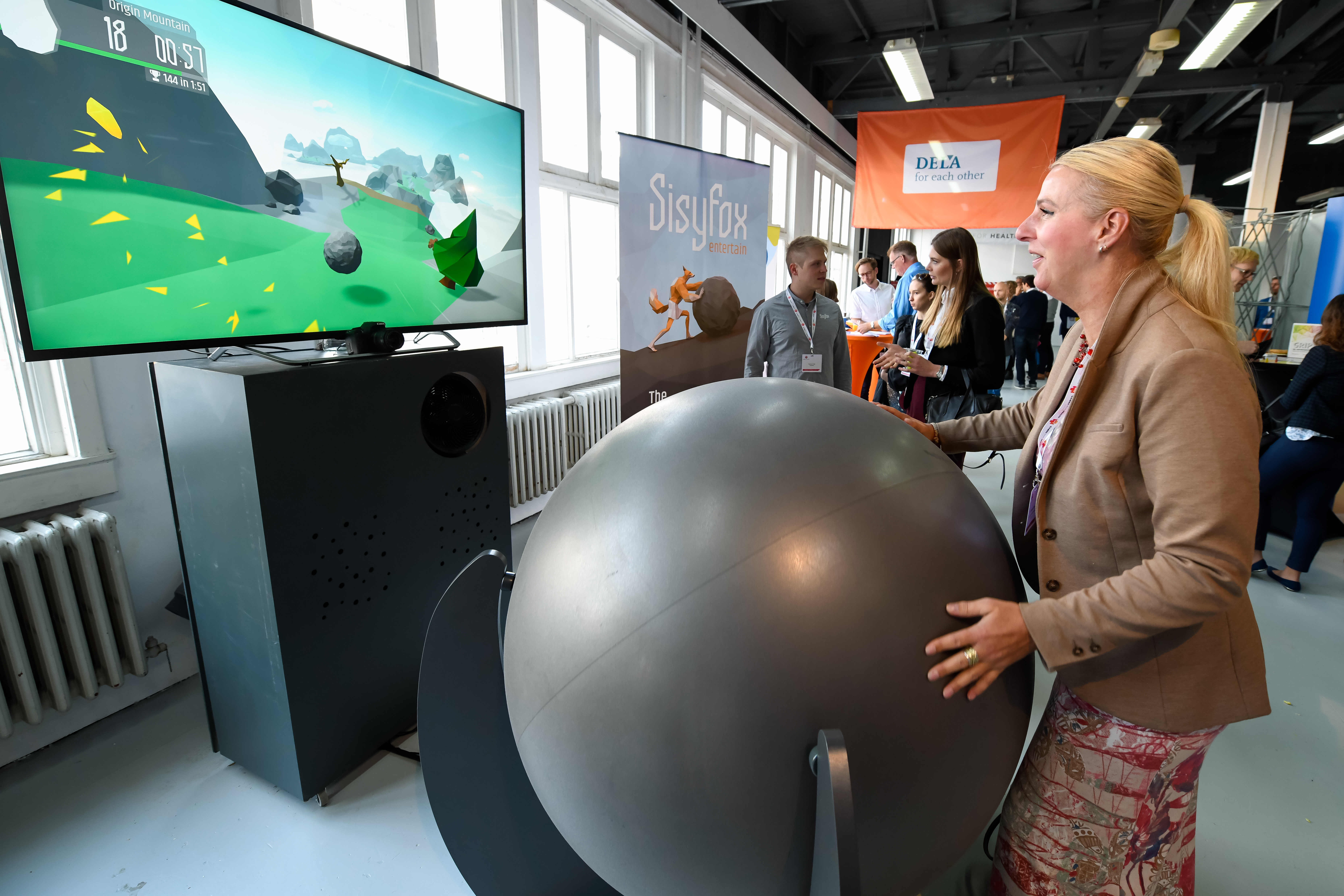15
Nov
Playful Intelligence
In the past few months, we have been looking back at the last few years in our History of GFHEU posts and tried to prepare you for the 8th edition of GFHEU. Now it is time to look to the future with the first look at next year’s theme: Playful Intelligence.
What is playful intelligence?
Playful intelligence tells us how playfulness can influence the inner and outer aspects of adult life. In fact, it all is about a change in behavior for which serious or applied games are the perfect tools. If we look at the research we see that playful intelligence is an extension of intrapersonal and interpersonal intelligence as described by American development psychologist Howard Gardner. Intrapersonal intelligence is related to our own behavior, feelings and emotions. Meanwhile, interpersonal intelligence addresses other people’s mood, motivation and intentions. Playful intelligence is a combination of these two.
Why is playful intelligence so important?
Play is in our genes, it is an essential part of our intellectual system. In the early days of our lives, there is only play. Speech, learning to walk, or how to ride a bike, is all based on play. It has been proven that we learn faster and better by playing than from reading a book. A change of behavior is more easily achieved by play, although millions of money are still spent on campaigns, e.g. to cease smoking, to avoid fast food, to influence social behavior and so on. Let us, the Games for Health Europe community, put our money where our mouth is and take playful intelligence to the next level. It is absolutely necessary to assure sustainable and affordable health.
In the upcoming months, we’ll dive deeper into this topic by exploring a variety of themes. We’ll be looking at recent developments in the healthcare industry, gamification, serious games, data collection and how all of this relates to playful intelligence. If you have any topics you would like us to cover, or questions you would like us to answer, please get in touch.
15
Nov








